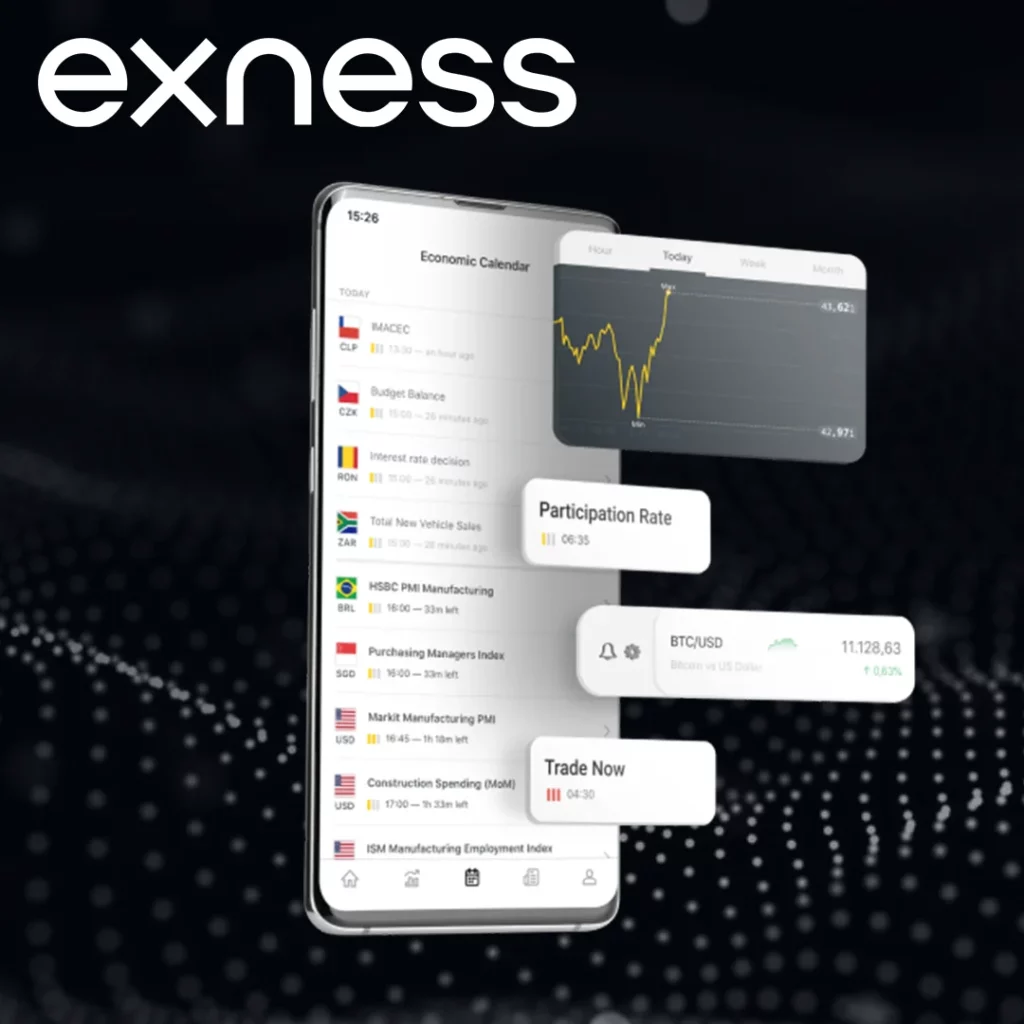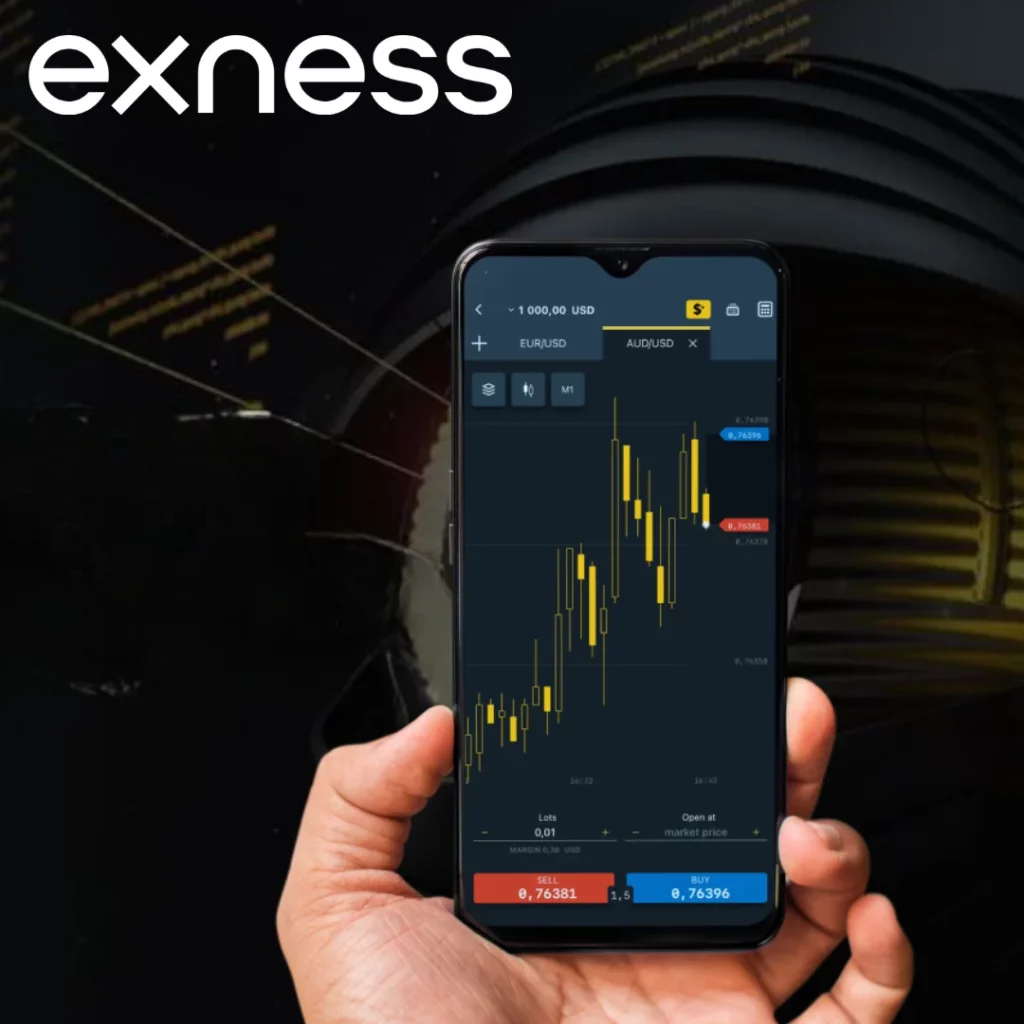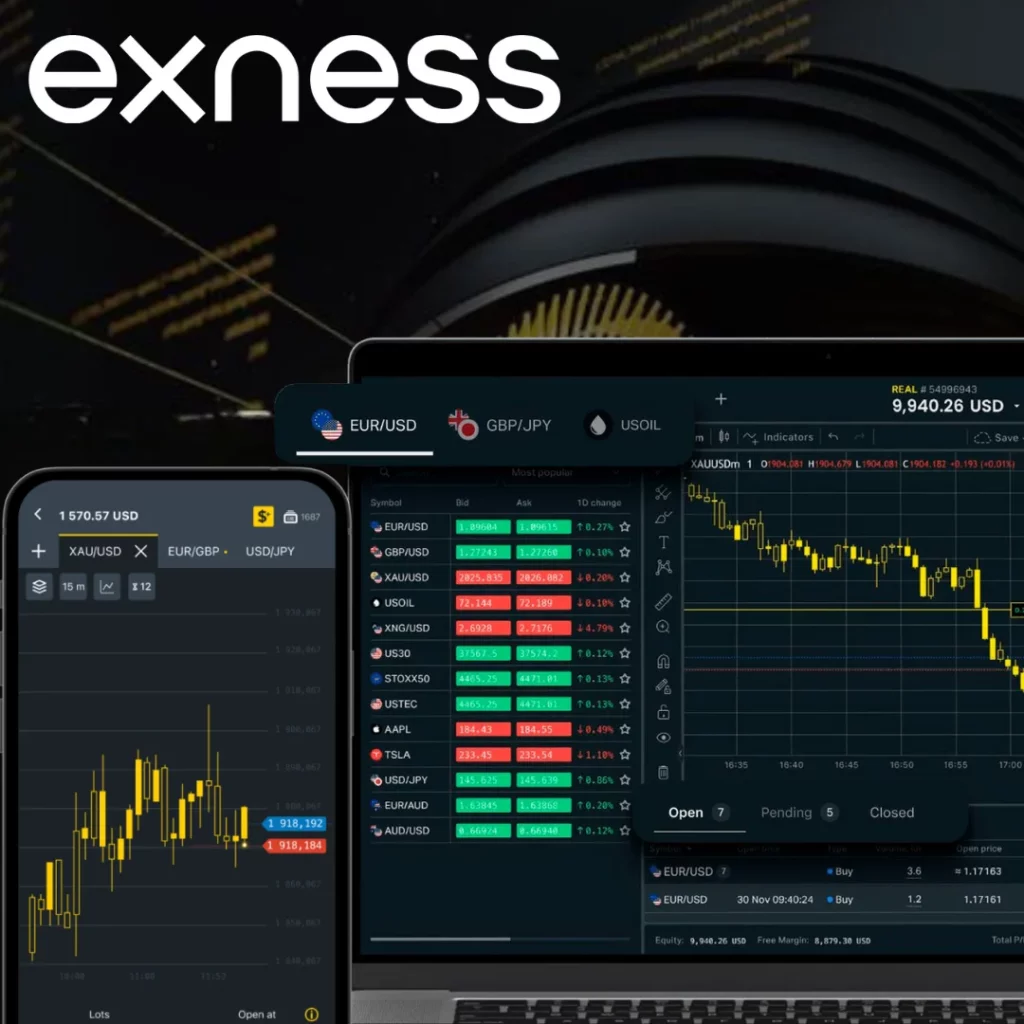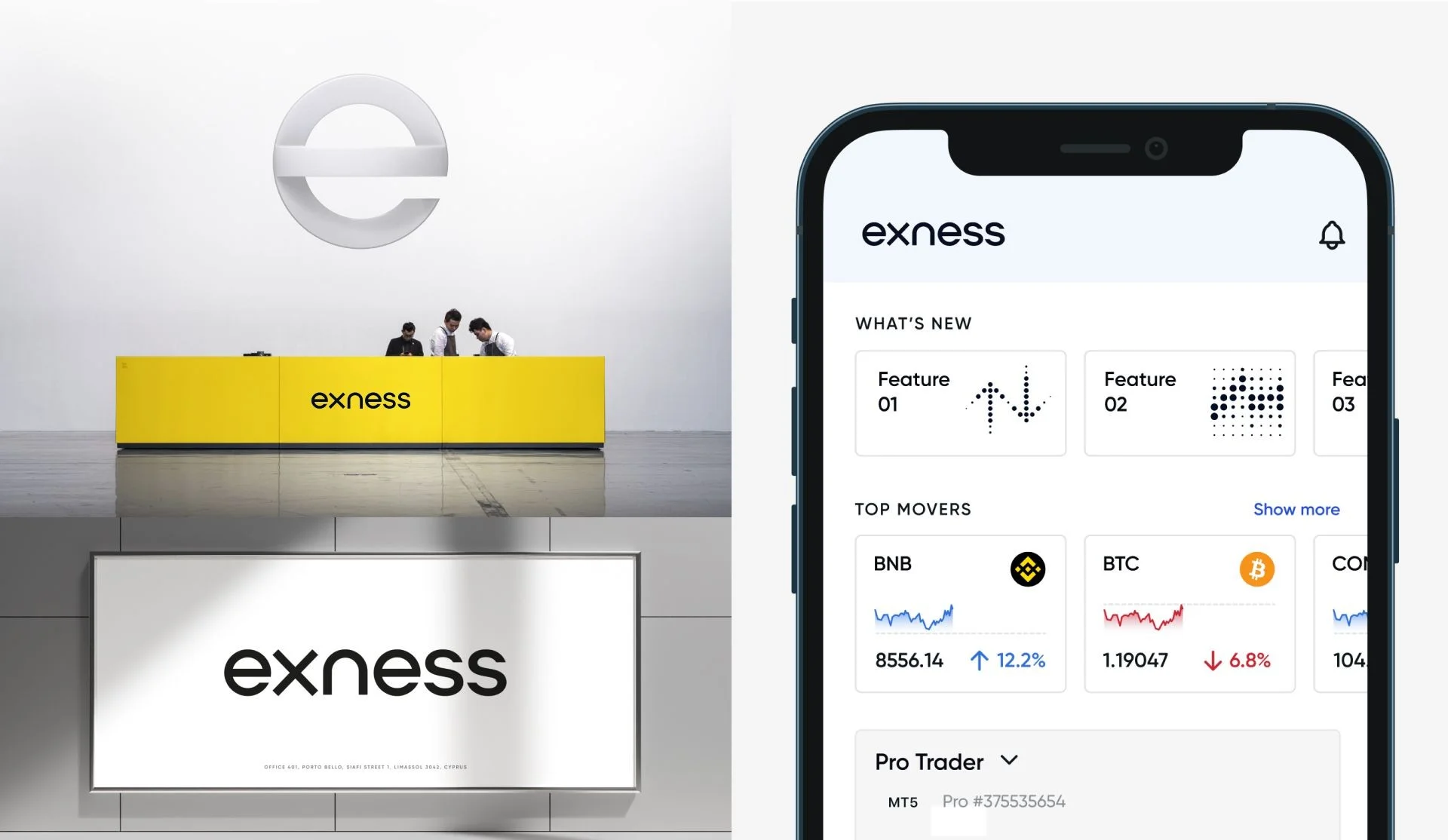Understanding Market Hours
Financial markets do not operate continuously. Each instrument follows the hours of its respective exchange or liquidity provider. While some markets, like cryptocurrencies, operate around the clock, others — including forex, stocks, and commodities — have fixed windows determined by global time zones.
Trading platforms such as MetaTrader 4 and MetaTrader 5 adjust automatically to local time, but it’s still critical to understand which sessions offer the most trading volume or price action. Most trading platforms used in the UAE, including Exness, synchronize with Gulf Standard Time (GST), which is UTC+4.
Why Trading Hours Matter
Active trading sessions generally feature tighter spreads, higher liquidity, and more frequent price movements. During inactive periods, spreads can widen, execution can slow down, and price volatility may become unpredictable. These conditions can affect stop-loss or take-profit levels and skew trading performance.
Key reasons why knowing trading hours is crucial:
- Volatility Planning: Certain hours offer predictable market movement patterns.
- Spread Efficiency: Trades during liquid hours may cost less in spreads.
- News Impact: Economic releases follow fixed regional schedules.
- Order Execution: Execution quality can vary during market open/close transitions.

How UAE Time Zone Affects Trading
The UAE is in the Gulf Standard Time zone (UTC+4), which differs from the business hours of most major financial centers like New York (UTC−5) or London (UTC+0). As a result, sessions in the UAE overlap differently with global markets:
| Region | Local Opening Hours (UAE time) |
| Tokyo | 4:00 AM – 1:00 PM |
| London | 12:00 PM – 9:00 PM |
| New York | 5:00 PM – 2:00 AM |
| Sydney | 1:00 AM – 10:00 AM |
The most active trading period is when the London and New York sessions overlap (5:00 PM – 9:00 PM UAE time). This overlap typically provides increased liquidity for forex and commodities.
Forex Trading Hours
The forex market operates on a decentralized, over-the-counter model, meaning there is no single global exchange. Instead, trading is facilitated through a network of financial institutions and liquidity providers across various time zones. This structure allows forex to remain open 24 hours a day from Monday to Friday.
Major Currency Pairs Schedule
The most traded currency pairs — such as EUR/USD, GBP/USD, USD/JPY, and USD/CHF — follow the international trading session cycle. In UAE time (UTC+4), here’s how the main sessions align:
| Forex Session | UAE Local Time | Notes |
| Sydney | 1:00 AM – 10:00 AM | Lower liquidity; start of the week |
| Tokyo | 4:00 AM – 1:00 PM | Active for JPY pairs |
| London | 12:00 PM – 9:00 PM | High volume; overlaps with NY |
| New York | 5:00 PM – 2:00 AM | Most volatile; USD-focused pairs |
The most liquid and volatile period typically occurs from 5:00 PM to 9:00 PM UAE time, during the overlap of London and New York sessions. Traders focusing on EUR/USD, GBP/USD, and USD/JPY often find more favorable conditions in this window.

Weekend and Holiday Closures
Forex markets close over the weekend. Trading stops at 2:00 AM on Saturday (UAE time) and resumes at 1:00 AM on Monday. This closure may vary slightly depending on the liquidity provider.
Public holidays in major financial centers can also reduce liquidity or delay order execution. For example:
- US bank holidays often affect USD-based pairs.
- UK holidays impact GBP and EUR volatility.
- Asian holidays can lower activity in JPY, AUD, and NZD pairs.
Exness typically publishes a schedule of affected trading instruments during such periods.
Stock Market Hours
Stock CFDs traded on Exness reflect the hours of their underlying exchanges. Unlike forex, these instruments are only available during specific opening and closing times based on their respective markets.
Trading Hours for Global Stocks
Exness offers CFDs on stocks from key global markets, including the United States, Europe, and Asia. Here’s how their hours convert to UAE local time:
| Region | Exchange | UAE Trading Hours |
| USA | NYSE/NASDAQ | 5:30 PM – 12:00 AM (Mon–Fri) |
| Germany | Xetra | 11:00 AM – 7:30 PM |
| UK | London Stock Ex. | 12:00 PM – 8:30 PM |
| Hong Kong | HKEX | 5:30 AM – 11:00 AM |
| Japan | Tokyo SE | 4:00 AM – 10:00 AM |
Note: Some stocks may have short pre-market and post-market trading phases, but these are not typically accessible through standard retail accounts.
Key Exchanges and Their Timings
Here are a few critical points to remember when trading stock CFDs:
- Market-specific holidays: Trading is paused when the underlying exchange is closed.
- Earnings season: Can cause volatility during US open hours.
- Session gaps: Prices may jump between closing and opening sessions, especially on Mondays.
Traders often use economic calendars to track earnings reports, dividend announcements, or central bank statements that may affect stock prices.
Commodities Trading Schedule
Commodities are an essential part of many trading portfolios. Whether it’s gold, crude oil, or natural gas, these instruments have specific trading hours that align with international commodity exchanges. Unlike forex, commodities may have daily breaks in trading, and these pauses vary depending on the asset and market.
Precious Metals Trading Times
Precious metals such as gold (XAU) and silver (XAG) are among the most popular assets offered on Exness via CFDs. Trading hours for these metals are generally aligned with major commodities exchanges in London and New York:
| Metal Pair | Trading Hours (UAE Time) | Daily Break (UAE Time) |
| XAUUSD (Gold) | Mon 1:05 AM – Sat 12:00 AM | Daily 12:00 AM – 1:05 AM |
| XAGUSD (Silver) | Mon 1:05 AM – Sat 12:00 AM | Daily 12:00 AM – 1:05 AM |
Other metal pairs, such as XAUEUR or XAGGBP, follow a similar schedule. These assets often see the most volatility during the overlap of the London and New York sessions (5:00 PM – 9:00 PM UAE time).
Key factors influencing price movements during these hours:
- US Federal Reserve announcements.
- Inflation and employment data.
- Geopolitical tensions.
Energy Markets and Their Hours
Energy CFDs, including crude oil and natural gas, are traded heavily across global markets. These instruments follow the hours of the New York Mercantile Exchange (NYMEX), and thus, their activity is concentrated around US trading hours:
| Energy Asset | Trading Hours (UAE Time) | Daily Break (UAE Time) |
| USOIL (WTI) | Mon 1:05 AM – Sat 12:00 AM | Daily 12:00 AM – 1:05 AM |
| UKOIL (Brent) | Mon 1:05 AM – Sat 12:00 AM | Daily 12:00 AM – 1:05 AM |
| XNGUSD (Nat Gas) | Mon 1:05 AM – Sat 12:00 AM | Daily 12:00 AM – 1:05 AM |
Trading energy markets requires attention to global inventories, OPEC decisions, and geopolitical developments. Sharp price moves are common around weekly reports, especially during the US Energy Information Administration (EIA) data release on Wednesdays.
Cryptocurrency Trading Hours
Cryptocurrency markets are uniquely decentralized, which allows them to operate without fixed trading sessions. For traders in the UAE, this introduces the advantage of flexibility — but also the challenge of navigating markets that never pause.
24/7 Crypto Trading Availability
Crypto CFDs on Exness are available 24 hours a day, 7 days a week, including weekends and public holidays. This includes major crypto pairs such as:
- BTCUSD.
- ETHUSD.
- LTCUSD.
- XRPUSD.
There is no daily or weekly closure, which allows positions to remain open continuously. However, liquidity and spreads can vary depending on global activity levels:
| Time Period (UAE Time) | Market Characteristics |
| Weekdays (Mon–Fri) | High activity, stable pricing |
| Weekends | Lower volume, wider spreads |
| Nighttime (2 AM – 6 AM) | Slower movement, low depth |
Although available 24/7, crypto trading is most active when US and European traders are online — roughly 5:00 PM to 2:00 AM UAE time. Traders should also monitor technical issues or maintenance periods that may temporarily pause trading access on some platforms.
Planning Trades Around Market Hours
Knowing when to trade is just as important as knowing what to trade. A solid strategy considers the timing of market entries and exits to align with volatility, liquidity, and global news cycles. Traders in the UAE benefit from a strategic position between Asian and European markets, but this still requires planning.
Practical tips for timing trades:
- Use session overlaps: The 5:00 PM – 9:00 PM UAE window (London–New York overlap) offers ideal conditions for forex and metal trades.
- Avoid low-volume hours: Spreads tend to widen outside peak trading times, especially before market opens and after daily closes.
- Watch economic calendars: Schedule entries around major data releases like NFP, CPI, or central bank meetings.
- Monitor daily breaks: Instruments like gold and oil pause briefly around midnight UAE time. Avoid placing new trades right before these breaks.
- Factor in weekend gaps: For non-crypto instruments, weekends can cause price gaps at Monday open. Review positions before Friday close.
Maintaining a trading journal with observations on time-of-day behavior can improve consistency and reduce slippage over time.

Frequently Asked Questions
What time does forex trading start on Monday in the UAE?
Forex trading resumes at 1:00 AM UAE time on Monday morning. This marks the start of the Sydney session.

